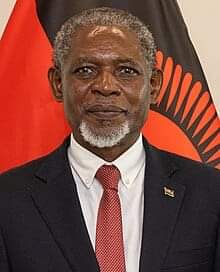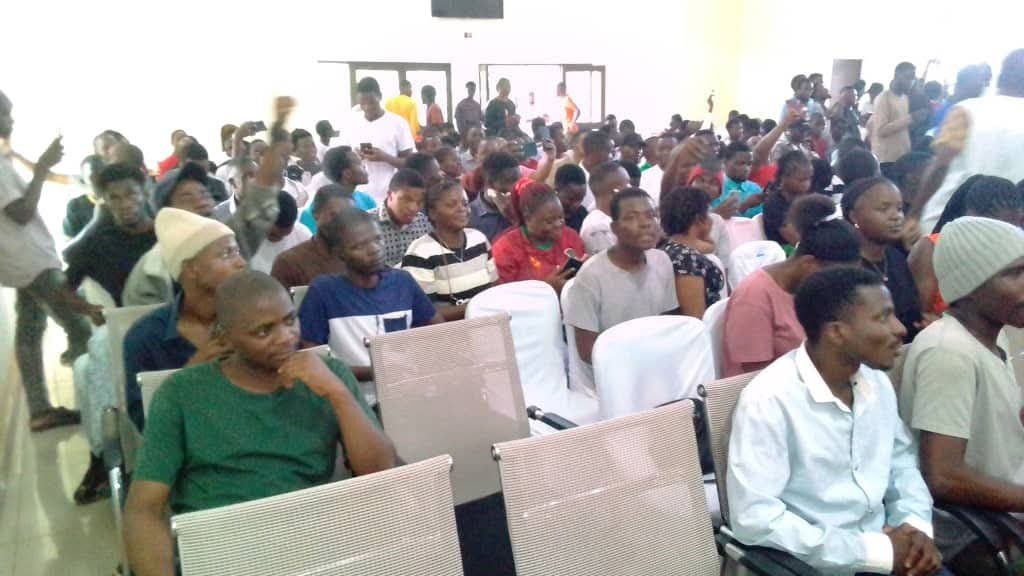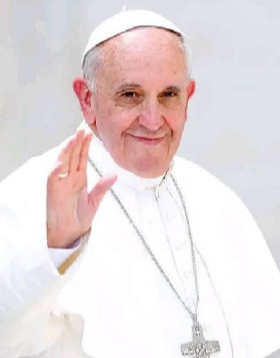By Burnett Munthali
Minister of Justice, Titus Mvalo, has been drawn into the ongoing national debate surrounding corruption in the judiciary, sparked by lawyer Alexious Kamangila’s anti-corruption crusade. The initiative, which has gained traction in various social media platforms, particularly WhatsApp groups, seeks to expose and address endemic corruption within Malawi’s justice system.
In one of these WhatsApp groups created to support Kamangila’s movement, a list of judges suspected of corruption was shared, drawing intense discussion. However, Mvalo stepped in to defend some of the judges, particularly two female justices, whose names were included in the list.
“I have seen a list here of judges alleged to be corrupt, which includes the two lady Justices of Appeal in the Supreme Court of Appeal, Nyakaunda Kamanga and Ivy Kamanga,” said Mvalo. “I would ask that these should be removed from the list. It’s a mistake to include them because they definitely are not corrupt, and even the whistleblower, Kamangila, specifically singled them out as not corrupt.”
Kamangila’s anti-corruption drive has been generating heated debates across several online platforms, with various participants expressing their views on how to combat deep-rooted corruption within Malawi’s legal framework. While Kamangila’s movement has been praised for bringing attention to the issue, it has also prompted concerns over the accuracy and fairness of some allegations.
The inclusion of certain judges on lists circulated in the groups has stirred controversy, with individuals like Mvalo voicing their disapproval of potentially false accusations. His defense of Justices Nyakaunda Kamanga and Ivy Kamanga underlines the delicate balance between exposing wrongdoing and protecting the integrity of those wrongly implicated.
Kamangila’s efforts continue to gather momentum as more Malawians engage in discussions on the best ways to address corruption, particularly in the judiciary. This latest development indicates the complexities of fighting corruption in an institution as critical as the judiciary, where the credibility of those entrusted with upholding justice is now under intense scrutiny.
The challenge ahead for Kamangila’s movement is ensuring that the fight against corruption does not undermine the public’s trust in the judiciary, while ensuring that genuine cases of corruption are thoroughly addressed. Mvalo’s defense of certain judges could mark a turning point in this debate, as the country grapples with the broader issues of transparency, accountability, and justice.




